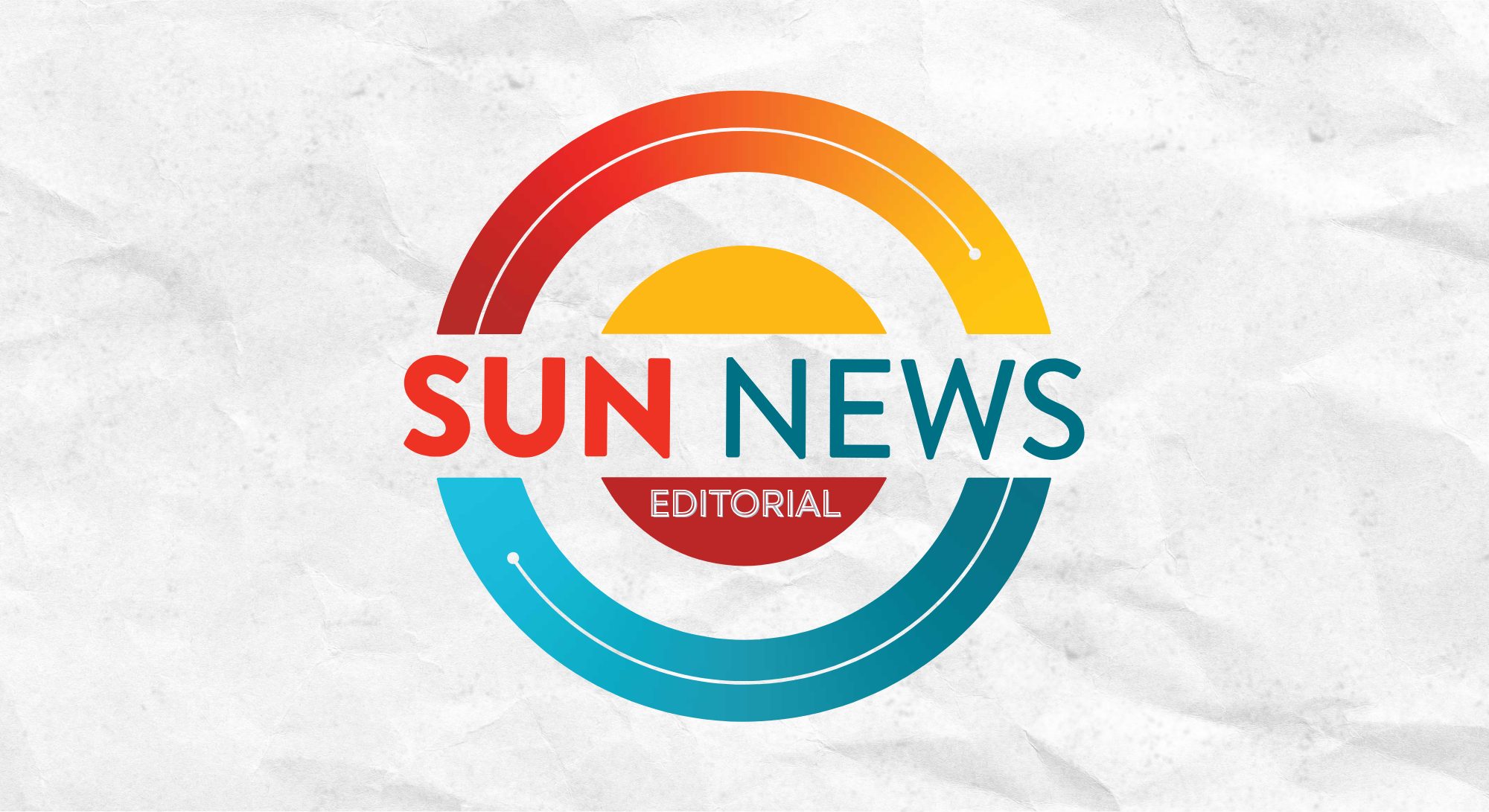“The basis of our governments being the opinion of the people, the very first object should be to keep that right; and were it left to me to decide whether we should have a government without newspapers or newspapers without a government, I should not hesitate a moment to prefer the latter.”
–Thomas Jefferson, 1787
Freedom of the press is being tested in troubling ways across the U.S., including journalists losing Pentagon access to public media losing funding — and we’re not going to stay silent about it.
Freedom of the press should continue to be protected now as it has been in the past because the public has a right to know what’s happening within our government.
Background information
Since the Pentagon’s opening in the 1940s, journalists have had access to report on national security, military operations and how defense dollars are spent, all in the name of transparency and accountability.
However, new rules introduced under the Trump administration have restricted that access. Defense Secretary Pete Hegseth implemented the new rules, which require journalists to:
- Pledge not to gather unauthorized information, meaning reporters can only use information that is explicitly approved for release.
- Accept restricted access, with journalists now required to be escorted to areas they previously accessed freely.
- Agree to these terms or lose their credentials, meaning journalists who don’t comply will have their badges revoked in this ultimatum.
President Donald Trump said he supports these rules: “I think he [the defense secretary] finds the press to be very disruptive in terms of world peace. The press is very dishonest.”
These rules have raised concerns among journalists who see them as threats to transparency and to the First Amendment, which protects freedom of speech and freedom of the press.
News organizations, both right and left wing, like Fox News, The New York Times and The Washington Post, came together and openly opposed the rules, with some journalists turning in their badges.
Our view
We respect and admire those journalists at the Pentagon who turned in their badges and wouldn’t crumble to the government’s infringements. The main problem we’re seeing is that new rules for journalists restrict reporting, threaten transparency with the public and undermine the First Amendment. Quite frankly, it’s suspicious. It makes us wonder, “What does the government not want the public to know?” and “What are they trying to hide?”
Journalists exist to report the truth and expose what’s happening behind closed doors — no matter how that paints the government. Restricting that work is going to create distrust between the government and the public. It feels like the government is hiding information that the public needs to know, and that they don’t care what the public’s opinions are on this.
Not only does this affect journalists, but everyone who believes in democracy, and it’s a threat to democracy to have a press that’s not independent from government rule. When information is controlled, it becomes government propaganda. Because the Pentagon deals with defense and foreign affairs, restricting access affects anyone who wants to be educated on those matters, especially voters who depend on accurate reporting to make informed decisions. Democracy can’t exist without open participation and knowledge.
With international students on our staff, we recognize that our democracy has an emphasis on free speech and freedom of the press, which doesn’t exist as much in other countries. Some countries look at the United States’ democracy as a model for press freedom, and even take inspiration. But these rules for journalists are a bad example of what democracy should look like and show what happens when transparency is replaced with control.
We understand that not all information should be public for national security reasons, but with certain information being restricted, we are concerned because it feels like something is being hidden. What worries us is that we don’t know the implications of this information being restricted. What’s going to be restricted next? It’s scary to think not only as journalists, but as people of this country, that this probably isn’t the last restriction; this is probably just the beginning.
What’s even more telling is that journalists from conservative and liberal organizations, who have typically struggled to agree, are united in openly opposing these new rules. This shows us that this isn’t something we should take lightly and that something is wrong. It’s a wake-up call for everyone who values truth.
Ultimately, if journalists can’t tell the truth, then they’re doing the public a disservice. A press that’s silenced can’t serve the people it represents. The public has a right to information, and it’s journalists’ jobs to relay that information.
The takeaway
Journalism is supposed to be a bridge between the people and the government, but these new rules feel like a wall being built instead. Our freedom to report is being infringed upon, and when politically opposing news organizations agree that access is being limited, it’s a warning sign that this shouldn’t be ignored.
We want government officials who take accountability, but when they don’t, journalists are the ones who ensure the government is held accountable. It currently feels like the public trusts journalists more than the government, and the fact that the government is trying to hinder the media only deepens the divide.
We want to ensure that our right to freedom of the press is honored and protected. We don’t want this trend of silencing voices to continue — and it’s our responsibility as the next generation of reporters to speak out against these new restrictions and stand united with the journalists opposing them.



